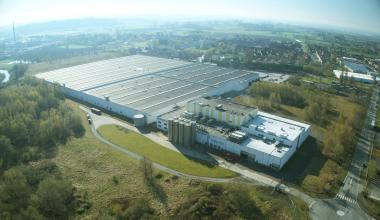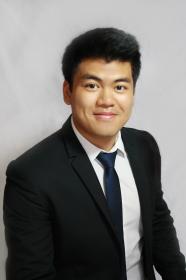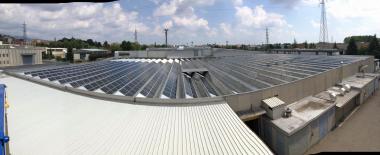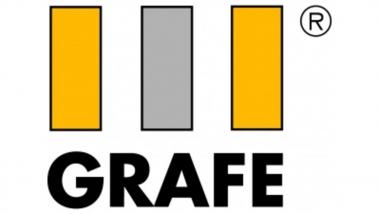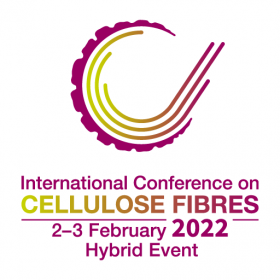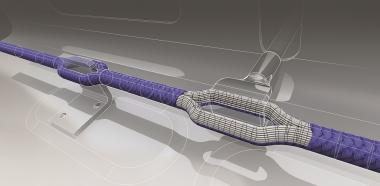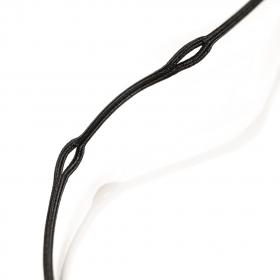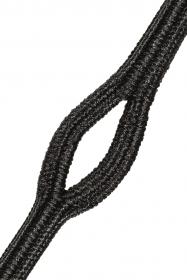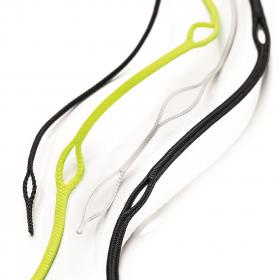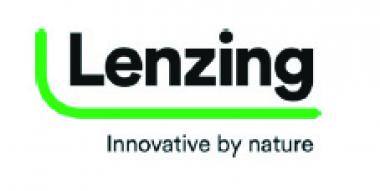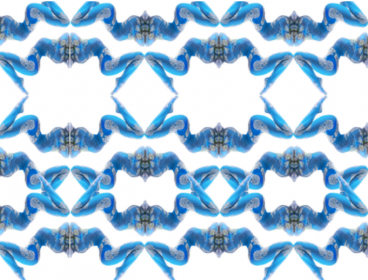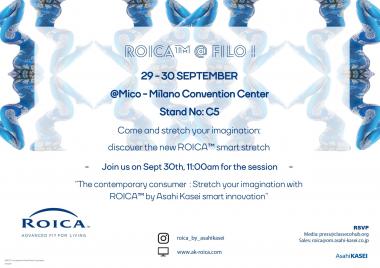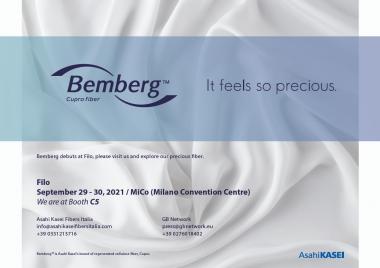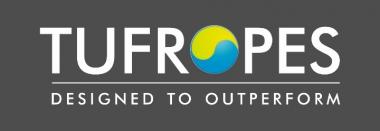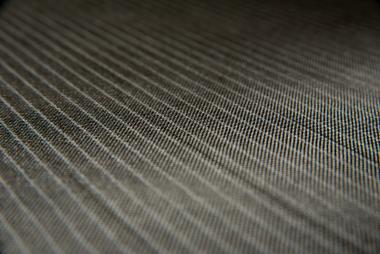B.I.G. Yarns: Major investments in new yarn technology
Building a strong future. B.I.G. Yarns reveals significant investment in its next-generation Polyamide (PA) technology to help global carpet tile manufacturers meet the demands of the contract market. In addition to this key investment, the company also announces its decision to become a new producer of polyester (PET) yarns for the automotive industry.
The two announcements reinforce the business’ leadership in yarn innovation and commitment to being at the forefront of supporting changing end-market needs.
B.I.G Yarns is stepping up its focus on developing and producing one-step 3Ply PA yarns using next-generation technology to answer needs for flexibility and broader design options in the carpet tile segment. Total production capacity for one-step 3Ply yarns will increase by > 20% through new lines installed at the plant in France, creating higher output and greater supply security by serving customers from all three of its global plants.
The new lines use B.I.G. Yarns’ cutting-edge PA yarn technology which expands design, contrast and colour freedoms for carpet tile manufacturers, and increases flexibility in lot sizes. These advances enable customers to respond quickly to developments in the contract market. In addition, the new technology features a higher level of automation which improves ergonomics for B.I.G. Yarns’ employees. Importantly, it also optimizes energy use which contributes in energy savings at the French site specifically. The new production lines will be deployed from mid-2022.
To enhance support for a future of more sustainable automotive interiors, B.I.G. Yarns will enter into PET yarn production for the first time and offer a portfolio of PET yarns by the third quarter of 2022. These will be available for automotive applications alongside its EqoCycle® recycled-based PA6 yarns.
Beaulieu International Group


